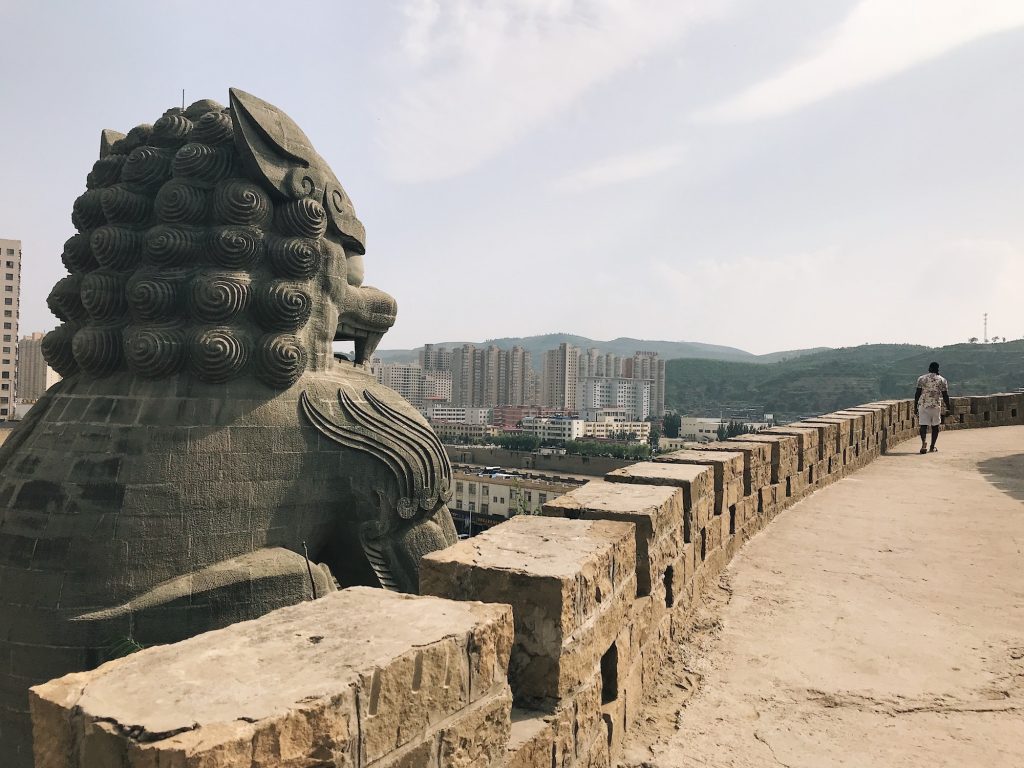
Cultural sensitivity and understanding are essential components of diplomacy. Diplomacy is the art of conducting negotiations between nations, and it involves the exchange of ideas, opinions, and information. Cultural sensitivity refers to the ability to understand and appreciate different cultures, while cultural understanding refers to the knowledge of other cultures. Cultural sensitivity and understanding are crucial in diplomacy because they help diplomats communicate effectively with people from different cultures.
Diplomacy is a complex process that involves various stages, such as negotiation, mediation, and conflict resolution. In each stage of diplomacy, cultural sensitivity and understanding play a critical role in ensuring successful outcomes. For instance, diplomats need to be aware of their cultural norms and values when negotiating with people from different cultures. This awareness helps them to avoid misunderstandings that can lead to conflicts.
Cultural sensitivity also helps diplomats to build trust with people from different cultures. Trust is essential to diplomacy because it enables parties involved in negotiations to work together towards a common goal. When diplomats respect other cultures by acknowledging their customs and traditions, they create an environment where trust can thrive.
Moreover, cultural understanding helps diplomats develop effective communication strategies that consider the nuances of language use across different cultures. For example, some languages have multiple meanings for words depending on context or tone; therefore, diplomats need to understand these nuances to communicate effectively with people from those cultures.
In addition to communication skills, cultural sensitivity also requires an appreciation for diversity in all its forms – including race/ethnicity, religion, gender identity, sexual orientation, etcetera – allowing for more inclusive diplomatic practices.
Furthermore, cultural sensitivity plays a vital role in conflict resolution by helping parties involved in disputes better understand each other’s perspectives. By acknowledging differences in culture or beliefs that may be contributing factors in a dispute or conflict situation (such as religious differences), diplomatic efforts can be made towards finding common ground rather than perpetuating misunderstandings or stereotypes.
In conclusion, cultural sensitivity and understanding are essential components of diplomacy. Diplomats with these skills can communicate effectively with people from different cultures, build trust, develop effective communication strategies, appreciate diversity, and resolve conflicts. As the world becomes more interconnected through globalization and technological advancements, cultural sensitivity and understanding will continue to be critical in ensuring successful diplomatic outcomes.Nonverbal
